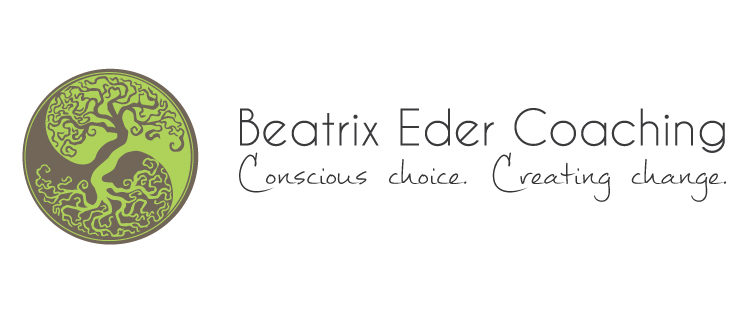
Resilience is the new competitive advantage
Being resilient is a fundamental element of effective leadership. Learn the four dimensions of resilience and how you can cultivate this skill.
The word “resilience” is an expression from physics and means the quality of certain materials to rebound to their original shape after receiving pressure.
Resilience in humans (or even animals) is understood as the ability to get back up on one’s feet after a fall and continuing with an optimistic outlook. Resilient people tend to see the silver lining in difficult situations and tend to recover more quickly from setbacks.
Resilience as competitive advantage
In regards to leadership, being resilient means a cognitive asset and competitive advantage: it is among the fundamental elements of effective leadership (whether it is corporate leadership or self-leadership in everyday life). We live in a complex and fast-paced world that doesn’t allow for much space to reflect. And yet, resilient people create this space of choosing their own response, driven by individual values to challenging situations.
Viktor Frankl, an Austrian Holocaust survivor said: “Everything can be taken from a man but one thing: the last of the human freedoms—to choose one’s attitude in any given set of circumstances, to choose one’s own way.”
Resilience as a skill
Fortunately, resilience is not a genetic given but a skill that we can learn and train. Being resilient is the capacity to use your neocortex and abstract thinking to manage your emotions when it would be so much easier to simply let the reptilian brain snap.
There are four dimensions of resilience that resilient people tap into when facing challenge:
Physical
Taking care of themselves through
- healthy nutrition,
- ample physical activity and
- sufficient rest
Mental
- Trust: having a higher tolerance to endure uncertainty until a way emerges
- Courage: it’s not that resilient people are not afraid… it’s rather that they act despite the fear
- Tenacity: resilient people have the ability to hang on when letting go appears so attractive
Emotional
- Emotional intelligence: the ability to identify and manage their own emotions and respond appropriately to those of other people
- Impulse control: mastering their impulses in order to achieve long-term goals
- Realistic optimism: resilient people will see themselves and situations in an optimistic way but within the constraints of what they know about the world
Spiritual
- Values: resilient people know the guiding principles in their life and are committed to those values despite the challenges
- Purpose: they are convinced that their vision has meaning and is congruent with their values
- Universality: resilient people consider that they are part of something greater than their individual experience
Strategies for cultivating resilience
Resilient people have also learned to apply certain cognitive skills and habits to cultivate their ability to recover. Some of these habits are:
- Having perspective: being able to detach from the subjective perception of events and put them objectively in context
- Accepting the impermanence of situations: change is part of life
- Having a growth mindset: not seeing setbacks as failure but rather as opportunities to learn
- Being forgiving: having a gracious attitude toward themselves and others; having no resistance to how situations evolve and taking them as they are
- Using a realistic and empowered language to combine their perception, thought and action to create the situations they want by focusing on strengths and reframing
- Have strong social ties: family, community or even virtually to find support in difficult situations
Questions for reflection
If you wonder how resilient you are, you can ask yourself below questions:
- How much uncertainty are you comfortable tolerating? How much do you need to be certain of things, plan them ahead and be in control?
- How quickly do you adapt to new people, environments and situations? Do you enjoy these moments?
- How do you react to adversity? What is your usual way to explain challenging life situations?
- When was a situation in which you have transformed a problem / adversity / misfortune into a solution / opportunity / good luck?
- Do you feel in every cell of your body that you have agency, that you are the orchestrator of your own life?



